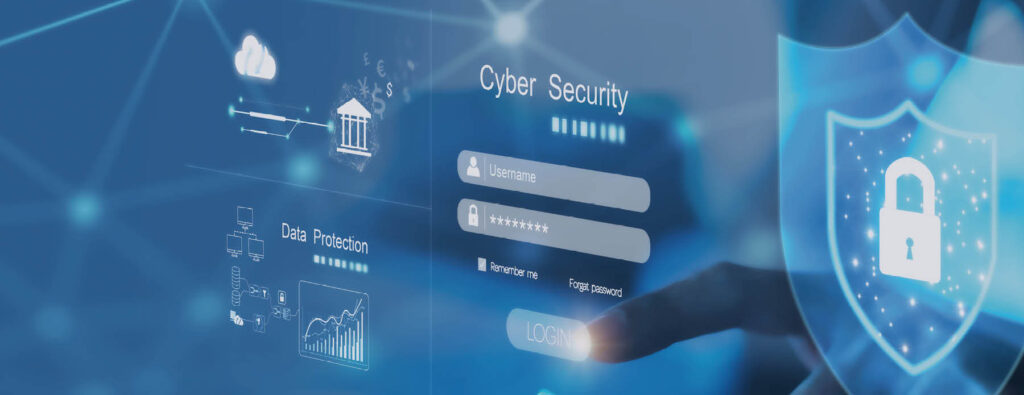Navigating the Digital Age’s Security Challenges

In today’s fast-paced digital age, cyber threats are growing more sophisticated, with hackers constantly innovating to penetrate business networks and access crucial data. These malicious attempts span from intricate phishing schemes to crippling ransomware. As technological capabilities expand, cyber adversaries concurrently hone their craft. That’s why cyber training is so important.
Andrew Yonce, COO of Tidal Basin’s Enterprise Solutions Division, emphasizes, “With cybercriminals devising increasingly clever tactics every day, it’s imperative for us to perpetually cultivate a robust cybersecurity awareness culture at Tidal Basin. Remember, they only need one successful attempt to inflict massive organizational chaos.”
Why Training is the Cornerstone of Cyber Defense

Training staff for cyber awareness cannot be overstated, as it offers dual protection for the workforce and the clients they serve. One of the most potent defense mechanisms against these threats isn’t just advanced software or sophisticated algorithms – it’s well-informed employees.
Here’s a deep dive into the multifaceted advantages of employee training for cyber resilience:
- Reducing Human Error: It’s often our inadvertent slip-ups, rather than technological vulnerabilities, that becomes the gateway for cyber threats. By illuminating common pitfalls to employees, such as clicking a link in a phishing email or an easily guessed password, organizations can diminish their risk profile.
- Safeguarding Client Data: Clients entrust organizations with their sensitive information. A solitary breach can lead to losing a client’s trust and potential legal ramifications. A well-trained workforce is better equipped to protect this entrusted data.
- Adapting to the Ever-Changing Threat Landscape: As cyber threats morph and adapt, regular training updates are essential to keep employees abreast of the newest malicious strategies.
- Instilling a Culture of Cyber Vigilance: Periodic training fosters a cyber-conscious organizational culture, transitioning employees from merely responding to threats to anticipating and preempting them.
- Upholding Organizational Reputation: Beyond monetary losses, a cyber breach can severely damage an organization’s reputation. Client and stakeholder trust is often hard to regain after a major cyber incident. Employee training is a proactive step toward maintaining this trust.
- Financial Prudence: The upfront investment in training is negligible compared to the potentially colossal financial fallout from a cyberattack. It’s a forward-thinking financial strategy that pays dividends.
- Empowering the Workforce: Cyber training equips employees with the necessary tools to securely navigate their professional and personal digital realms, enhancing overall confidence and morale.
“Cybersecurity truly requires a collective responsibility to be effective. Everyone must be equipped to identify and empowered to communicate potential concerns,” said David McDowell, Tidal Basin’s Information Systems Security Manager. “Consistently participating in training increases exposure and recognition of potential threats.”
Cyber threats are an ever-present danger in our interconnected world, and employee training for cyber awareness is a crucial investment. It ensures the safety of staff and clients and promotes trust and growth in the business ecosystem. In the battle against cyber threats, a well-informed workforce is an organization’s best armor.



